I recently saw Guy Ritchie’s The Covenant on Amazon. Unlike his usual movies, which feature wise-cracking gangsters, flashy editing, and dark comedy, The Covenant is a thoughtful and moving war drama about an American soldier who risks his own life to save an Afghan interpreter who once saved his life during a failed military operation in the country.
My curiosity was piqued when I saw the trailer back in February, and within the first 10 seconds or so, I thought it looked like a really interesting movie. It was a radical departure for the director of Cockney crime classics like Snatch and Lock, Stock and Two Smoking Barrels.
But then it hit me like a haymaker from Lenny ‘The Guv’nor’ McLean. After a few explosions, silence came, and then THAT music returned. A version of Tom Petty’s I Won’t Back Down greeted me. Except it sounded like the singer had overdosed on Xanax half an hour before he stumbled into the recording booth.
I’m talking about trailercore. For the uninitiated, this is the obsession with using slowed-down covers of famous songs in commercials and trailers. Those who haven’t noticed this or have had their ears stuffed with popcorn for the last 20 years should pay attention the next time you watch a movie trailer. You might just hear your favourite song being butchered. If you think throwing soup on a Van Gogh painting is an outrageous act of cultural vandalism, wait until you get a load of this. It will open with a few brooding piano chords or a light guitar strum in E-minor before haunting vocals usually kick off the song’s first verse.
The practice has become so widespread that it has come to dominate both the film and retail advertising industries. Usually accompanied by an emotional subtext, John Lewis (the British equivalent of David Jones department stores) is perhaps the best example of this schmaltzy corporate rubbish. Their Christmas ads regularly follow this anodyne premise. Mike Grier paid a mawkish ode to parenthood with a dramatic (meaning slow) cover of Blink-182’s All the Small Things and, the year before, Together in Electric Dreams. For years, viewers’ seasonal cheer has been bombarded with blatantly sentimental nonsense fuelled by contrived nostalgia.
These are excruciating examples but far from the worst. In my opinion, it would be Lily Allen’s 2014 cover of Keane’s Somewhere Only We Know. It was so bad that Allen later condemned it, saying she was forced to do it by her label.
The formula is easy to reproduce, so you can try it yourself and have hours of fun. Grab your laptop, open YouTube, and queue up a movie trailer. Do the same on a different device with any slowed-down song. Mute the trailer, turn up the volume on the other, and press play on both at the same time. Voila! Instant trailercore. You’ll be amazed at the synchronicity.
For cultural historians, the first, and perhaps worst, example of this came at the turn of the 2000s, when a cover of Tears for Fears’ Mad World appeared in an advertisement for the video game Gears of War. But it would be another decade before the Pandora’s box equivalent of pop music was unleashed upon the public. If the 1990s was the golden age of hip-hop, then the 2010s saw trailercore begin to influence the entertainment industry. It had cemented itself as a genre in its own right.
The decade of cultural decay began when a choral version of Radiohead’s Creep accompanied David Fincher’s trailer for the 2010 movie The Social Network. Once the genie was out of the bottle, there was no stopping it. The contagion began to spread. Soon, it started showing up in the Avengers: Age of Ultron (Pinocchio’s I’ve Got No Strings), and the Bee Gees’ I Started a Joke accompanied the first Suicide Squad movie. The 2021 version of Dune, directed by Denis Villeneuve, came with a teaser trailer featuring a reworking of Pink Floyd’s Eclipse.
Trailercore is universally loathed, but Hollywood’s obsession with churning out slowed-down songs says more about us than we’re willing to admit. The reason it works is because it gets our attention. When we hear the music, we don’t instantly recognise it, but a part of our brain recognises a different melody — the lyrics. We become emotionally invested because we have been given something familiar. In technical terms, this is called ‘trailerising’.
I realised this myself when I stumbled across the new Apple TV+ series City on Fire. It wasn’t until the last seconds that I realised the song used was Queens Of The Stone Age No One Knows. This banger dominated my youth, but I didn’t know. Perhaps the song’s title was a subtle attempt at irony? These are tech bros, after all.
Slow music is not the problem. Many great bands use sparse soundscapes to create beautiful, ethereal music: My Bloody Valentine, Earth, Sunn0))), and Stars Of The Lid, to name a few. It’s a naive assumption to think that just because something is slow, it equates to emotion. However, this premise has been cynically manipulated by advertisers. And it has had a ruinous effect on the entertainment industry.
Like all art, the beauty of music is subjective. We must be free to derive meaning for ourselves from what we see and hear. When forced upon us, it robs us of this power. Maybe we’re all better off with popcorn stuck in our ears.
Noel Yaxley is a UK based writer.
Got something to add? Join the discussion and comment below.
Get 10 issues for just $10
Subscribe to The Spectator Australia today for the next 10 magazine issues, plus full online access, for just $10.


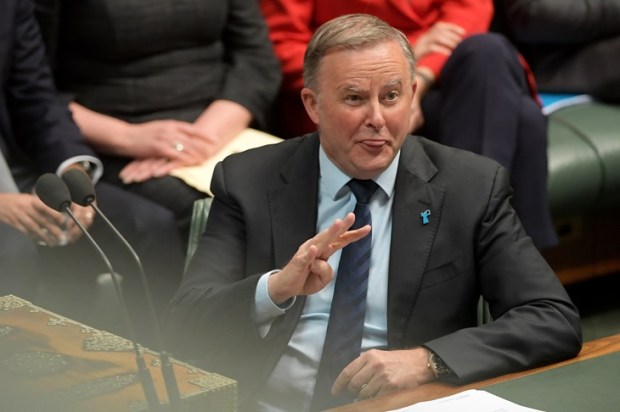
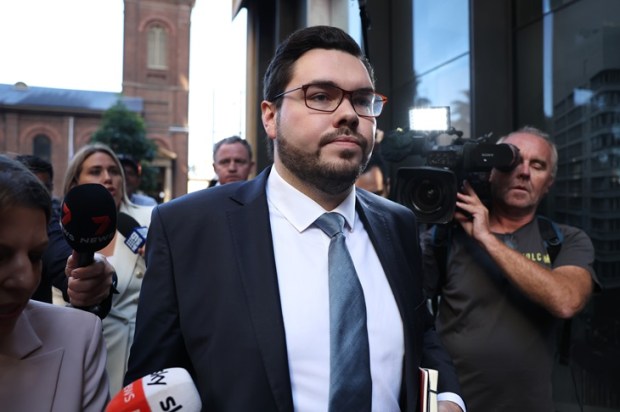
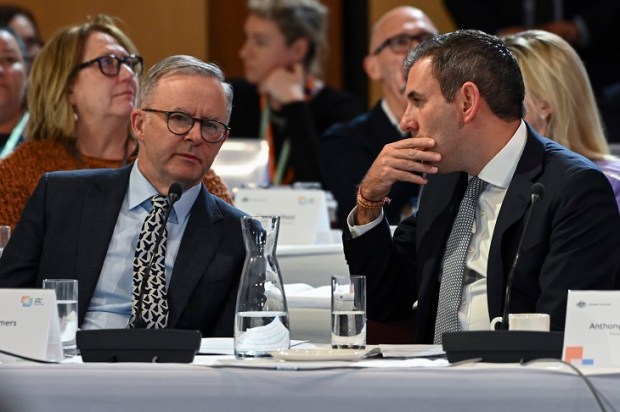
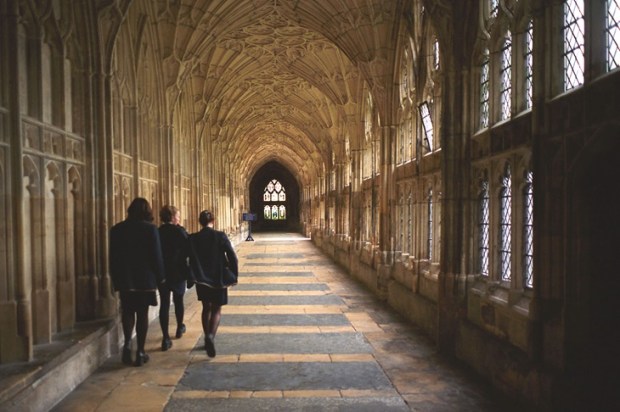
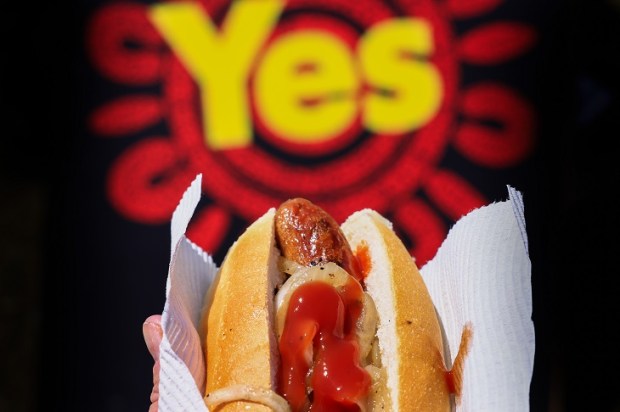
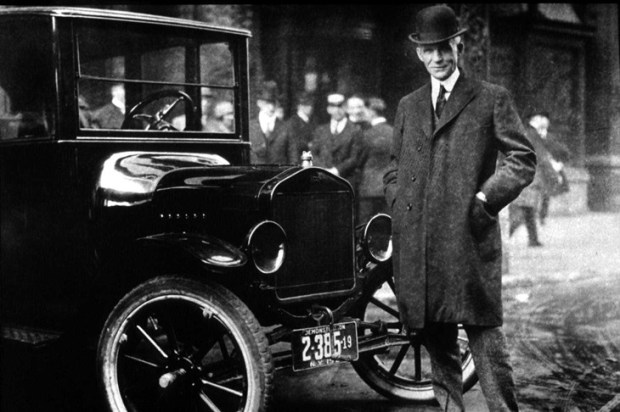


















Comments
Don't miss out
Join the conversation with other Spectator Australia readers. Subscribe to leave a comment.
SUBSCRIBEAlready a subscriber? Log in